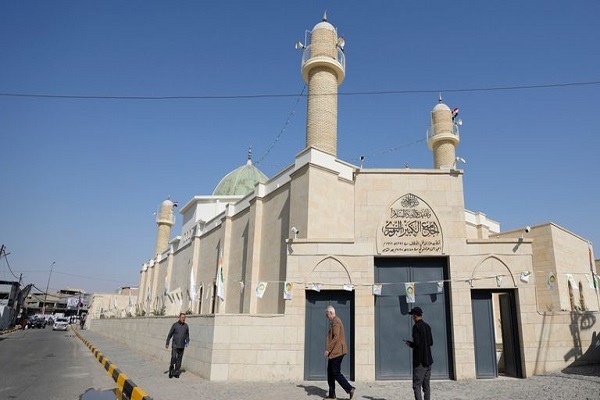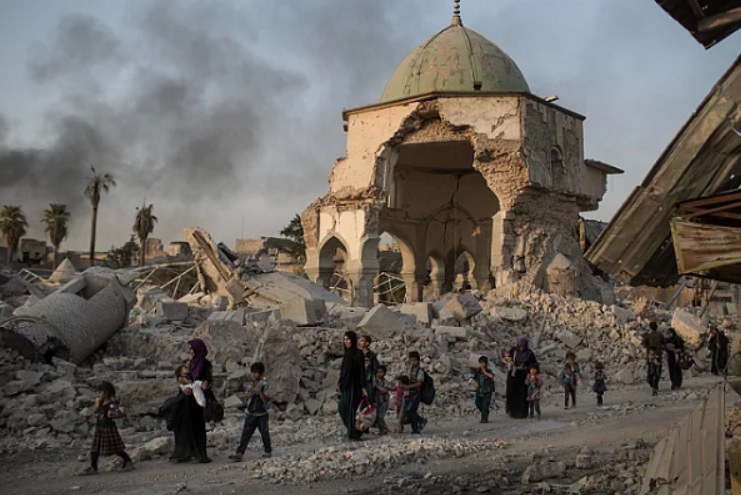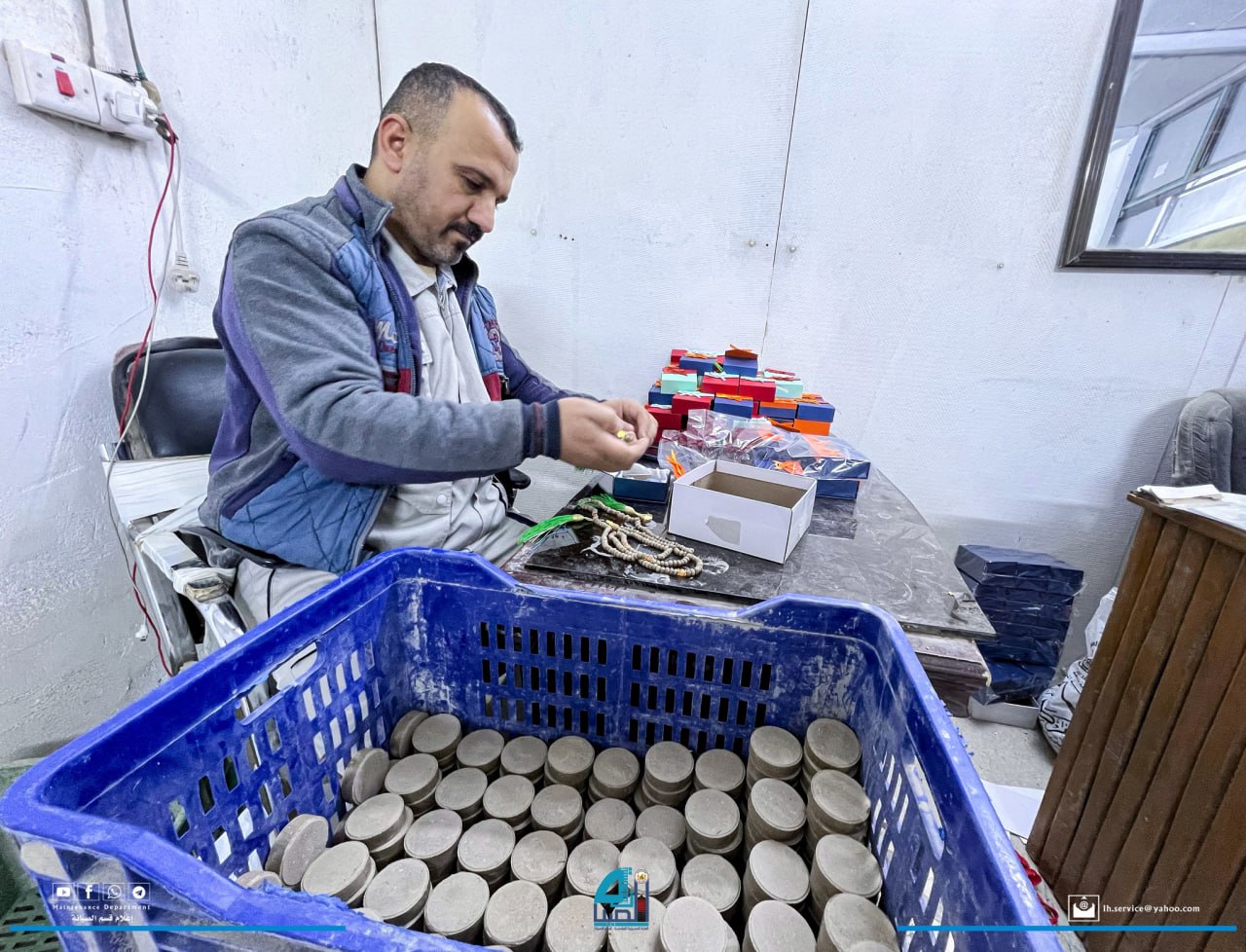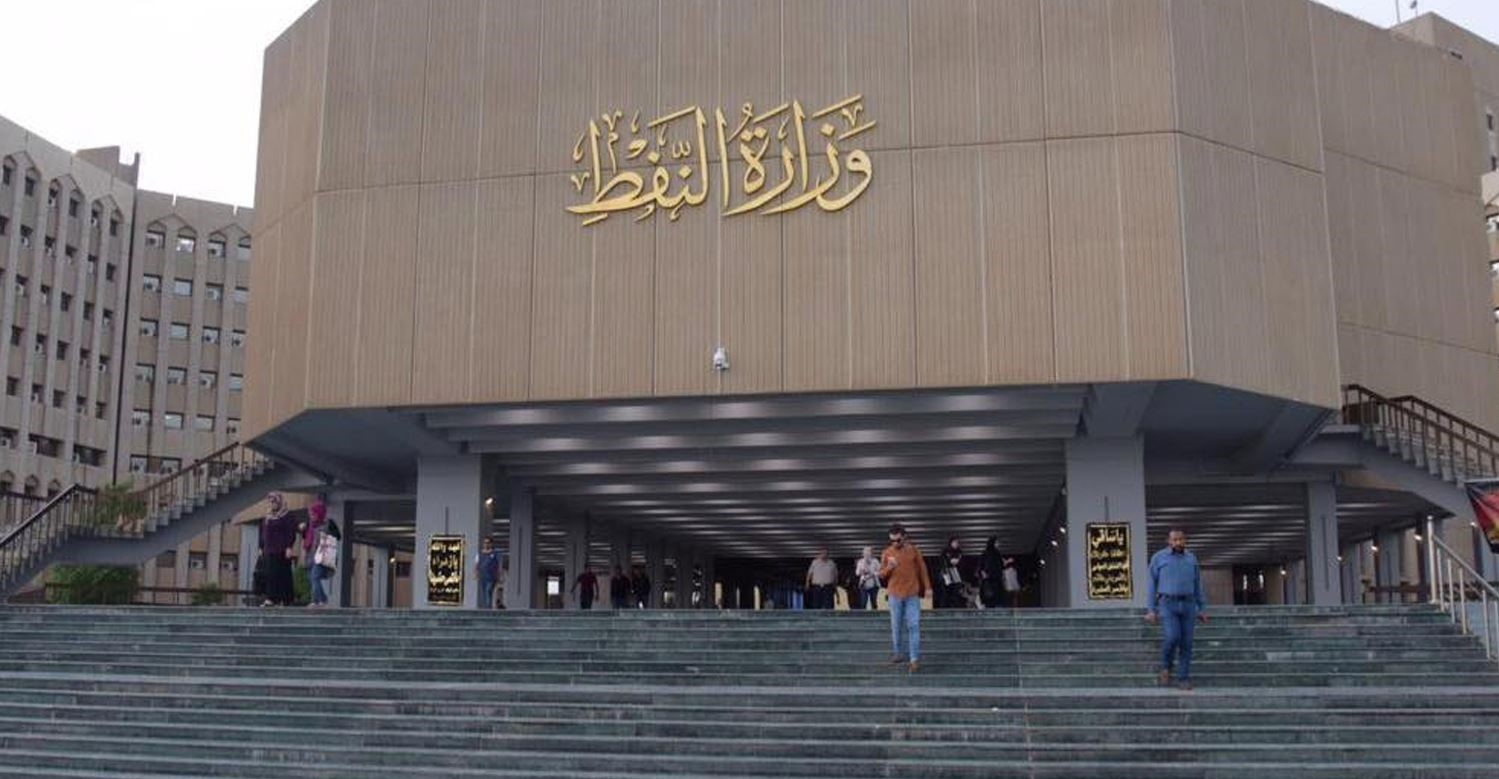Iconic Al-Nouri Grand Mosque reopens in Iraq’s Mosul
The historic Al-Nouri Grand Mosque in Mosul, northern Iraq, has officially reopened following the completion of a major reconstruction project—eight years after it was destroyed by ISIS terrorists.
Originally built in the late 12th century, the Al-Nouri Mosque stood for nearly 850 years as a symbol of Mosul’s religious and cultural heritage. In 2017, as ISIS faced defeat at the hands of Iraqi forces, the group detonated explosives inside the mosque, reducing it to rubble in a symbolic act of defiance and destruction.
Marking the mosque’s reopening, Iraqi Prime Minister Mohammed Shia Al-Sudani hailed the reconstruction as a powerful national symbol. “This building's restoration will forever stand as a milestone,” he said, “reminding our enemies of the courage of Iraqis, their defense of their homeland, and their determination to rebuild what was destroyed by those who sought to erase our identity.”
Al-Sudani also reaffirmed Iraq’s commitment to cultural preservation, calling it a “social necessity” and a “gateway to the world,” as well as a platform for sustainable development and youth innovation.
The reconstruction was led by UNESCO in partnership with Iraqi cultural and religious authorities, following the city’s liberation from ISIS in 2017. The international project secured $115 million (€98.2 million) in funding, with major contributions from the European Union and the United Arab Emirates.
UNESCO described the restoration as "not only an architectural challenge, but a symbolic act of revival." Work began in late 2018 with the demining of the site and the removal of hazardous materials. Rubble was carefully sifted to recover architectural fragments that could be reused in the rebuilding process.
An Egyptian team won an international design competition to lead the reconstruction. In May 2022, they presented their vision to the Iraqi public, incorporating community feedback—particularly the desire to preserve the mosque’s essential historical features while integrating thoughtful improvements.
During the restoration process, archaeologists discovered four rooms dating back to the 12th century, believed to have been used for ablutions. These were preserved and incorporated into the new design.
The reopening of Al-Nouri Grand Mosque marks not only the physical restoration of a sacred site but also a broader symbol of Mosul’s resilience, cultural revival, and the collective will to heal after years of devastation.





